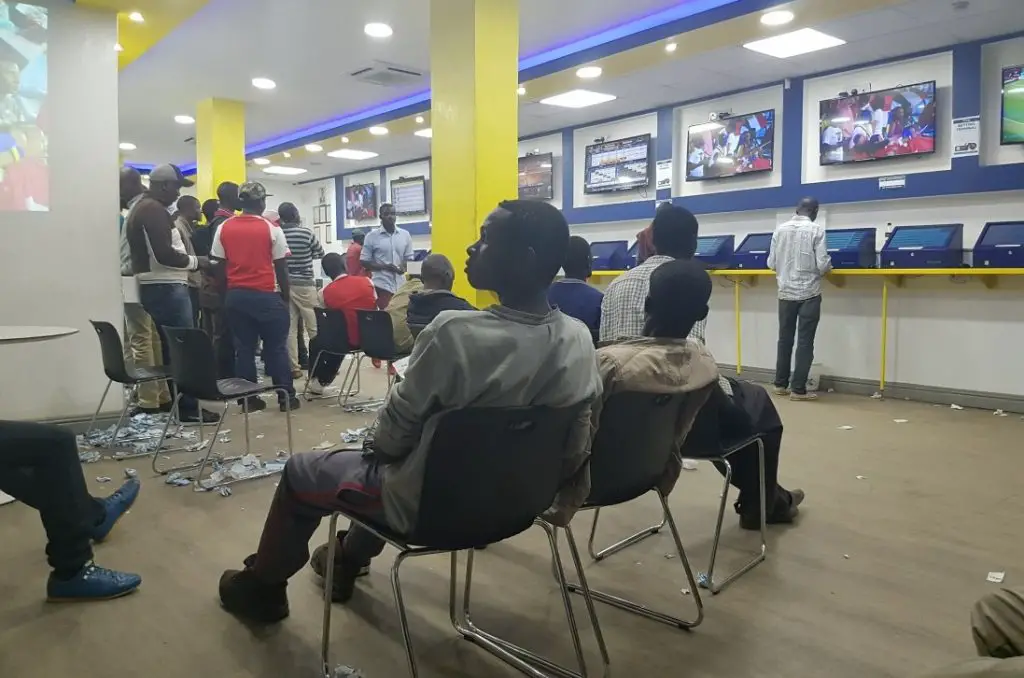The African Union Development Agency NEPAD (AUDA-NEPAD) and the Ecobank Group have partnered in the 100,000 Micro, Small and Medium Enterprises (MSMEs) Initiative.
This initiative is meant to help reposition MSME businesses on the continent, in order to rebuild and recover from the economic shock caused by Covid-19.
AUDA-NEPAD launched the 100,000 MSMEs Programme to accelerate African economic transformation, provide the needed skills, and build resilience against the economic shock triggered by the global pandemic.
Read: Redefining the health system in Africa after the pandemic
The ‘100 000 MSMEs’ initiative seeks to build the capacity of 1,000,000 enterprises in Africa through entrepreneurial and business training to improve access to finance and new markets while establishing networks for support and incubation to bolster their success.
“Across the globe, MSMEs are the biggest and the best engine of innovation, social transformation and economic development and growth. AUDA-NEPAD is deeply convinced that Africa structural transformation will be driven by youth and women-led businesses and innovations,” said Amine Idriss Adoum AUDA-NEPAD, Director of Programme Delivery & Coordination Directorate.
AUDA-NEPAD and the Ecobank Group announced their collaboration in May 2020 and agreed to three main pillars in supporting MSMEs in coming out of the devastating economic impact of Covid-19. The pillars are the MSME Academy, MSME Finance and MSME Marketplace.
The MSME Academy was launched in August 2020 in 8 countries.
Both institutions will now proceed to launch the MSME Finance pillar in the same countries, namely Chad, Cote d’Ivoire, Ghana, Kenya, Niger, Nigeria, Rwanda, and Togo. A total sum of US$2 million will be extended in the form of working capital to beneficiaries who meet the set criteria across the eight countries in this first phase.
Josephine Anan-Ankomah, Ecobank Group Executive Commercial Banking, said that after an unprecedented year in 2020, the impact of Covid-19 continues to be felt across African economies with an increased and urgent need to support MSMEs Businesses which are the backbone of our economies.
She adds that following the successful pilot launch of the MSME Academy, they are now going ahead with the financing component.
The objectives of the 100,000 MSME Finance include expanding the reach of the 100,000 MSME initiative to youth across the continent and enable linkages into the wider entrepreneurship ecosystem that benefit the youth after training.
It is also meant to generate a database to enhance evidence-based policy recommendations to AU decision bodies as well as facilitate engagement with ecosystem partners such as financiers and links to trade and markets and also enable bottom-up engagement with youth and women entrepreneurs to ensure that youth and gender development policies benefit from their voice and participation as citizens of the continent.
This comes at a time when Africa’s underinvested youth are in need of urgent attention and youth entrepreneurship investment banks must become the focus of global support, according to the African Development Bank head Dr Akinwumi A. Adesina.
Speaking during a discussion on scaling up financing for the continent’s youth, Adesina presented a novel concept for youth entrepreneurship investment banks. The roundtable, organized by the African Development Bank, came a day ahead of the Summit on Financing African Economies convened by President Emmanuel Macron.
Read: AU’s guarantee scheme for MSME to spur economic transformation
Spanish Foreign Minister Arancha González Laya, Jean-Michel Severino, CEO of Investisseurs et Partenaires; Ashish J. Thakkar, CEO of Mara Phones; Yana Kakar Global Managing Partner Emeritus at Dalberg Advisors; Yvonne Otieno, CEO, Miyonga Fresh Greens, and other representatives of the private sector joined in the meeting.
“Failure is only a weakness if you don’t learn from it,” said Otieno.
With a lack of access to finance a serious bottleneck, the proposed youth entrepreneurship investment banks would coordinate financial and non-financial actors and partners to more effectively support youth entrepreneurs.
“We must support the youth to go beyond looking for jobs. We must unleash the entrepreneurial drive and capacities of the youth to create jobs, Adesina said. “We must grow, finance and support large scale successes of youth-led businesses in Africa.”
Speaking immediately after Dr Adesina’s opening remarks, Spanish Foreign Minister Arancha González Laya expressed strong support for the initiative. “Spain welcomes the African Development Bank’s youth entrepreneurship investment initiative, geared towards unlocking entrepreneurship and promoting the growth of businesses of the youth,” she said.
Thakkar, chair of the African Development Bank’s Presidential Youth Committee, advised that the youth investment banks would need to be scalable and self-sustaining. He said it was very important to create the right incentive structures for governments to encourage the private sector to play a key role.
Research suggests that Africa needs to create 18 to 30 million jobs annually through 2030, and Ladi Balogun, CEO of First City Monument Bank Group, reiterated the urgency of this challenge. He said time was of the essence in terms of mounting a response as well as accelerating decision-making processes for the extension of financing to entrepreneurs. He also advised working through local money managers to achieve scale.
“We have a ticking time bomb on our hands,” Balogun said.
Participants also commended the African Development Bank for taking a lead role in the effort to support youth entrepreneurs, as well as calling on the Bank to play a number of roles.
Yana Kakar said the African Development Bank has an important knowledge transfer role to play. She added that the Bank has much to share about what is needed in tech-enabled segments versus what might be needed to enable entrepreneurs in more production-oriented segments.
The African Development Bank has demonstrated its strong commitment to the youth of Africa through its Jobs for Youth in Africa Strategy to help create 25 million direct and indirect jobs, and empower 50 million youth by 2025. The institution has also set up a $40 million trust fund in partnership with several European countries to advance youth entrepreneurship and innovation.
Read: 4G Capital raises $4million for MSME finance
